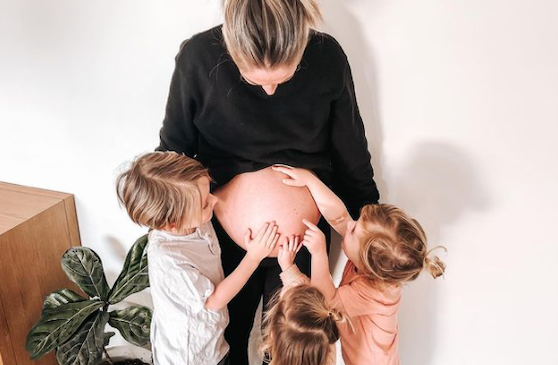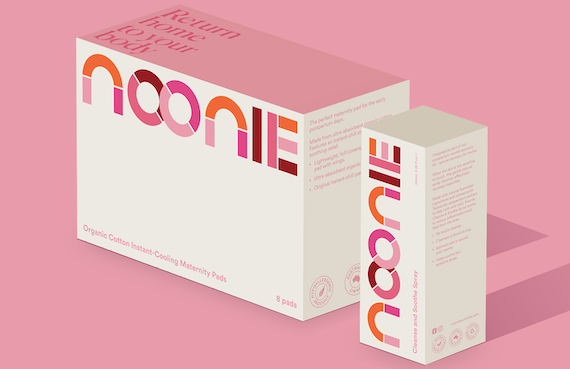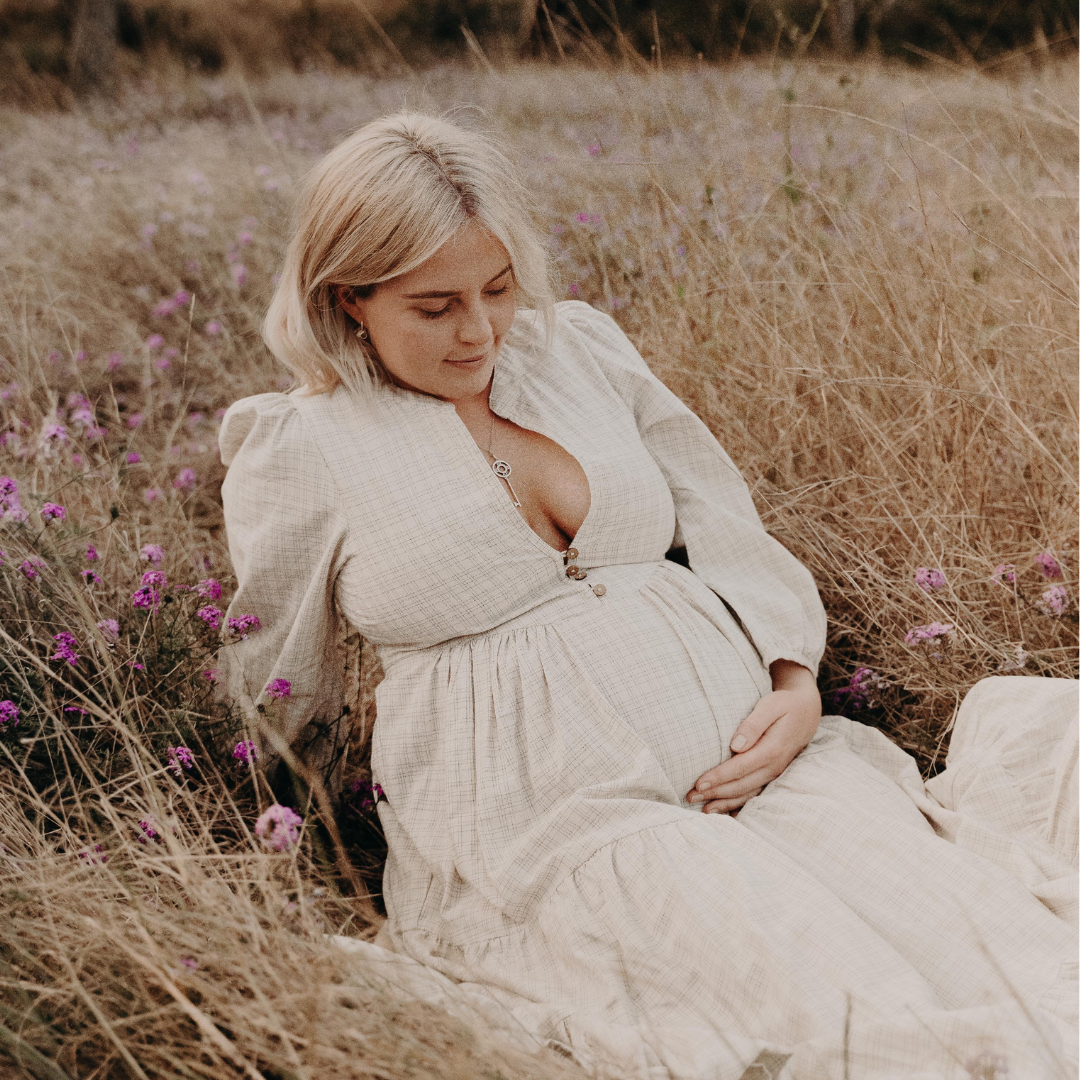Ask The Midwife - Q&A With Erin

Next on our Ask The Midwife Q&A series is Erin. Erin shares her experiences and insights on her incredible profession and addresses topics on expecting mums' minds.

How did you get into your profession of midwifery?
You could say my path to midwifery was somewhat windy. Like many others I was unsure what I wanted to do when I left high school. I was torn between following more creative pursuits and studying midwifery. I had been incredibly interested in the female body, birth and babies from a very young age, but I was also really passionate about interior design and architecture.
In my uncertainty I decided to move to Vietnam for a year and then travel. When I returned to Australia I landed on Building design. A year or two of design and drafting and I knew it wasn’t where I wanted to be. I transferred to a Bachelor of Midwifery and the rest is history.
What's the best part about your job?
There’s so much I love about the work that I do. In my roles, both clinically and in educating, what I find most rewarding is the opportunity to support women/couples. Whether I’m supporting them during pregnancy, throughout labour and birth or in their transition to parenthood, it’s an honour and a privilege and something that I never take for granted.
How does being a midwife help you with your own birth preparations?
I have found that being a midwife is a help and a hindrance. During the labour and birth of my first baby I wasn’t able to get out of my head and I over-analysed every little thing, from a midwifery perspective, rather than from a birthing person/mothers perspective. I was however far better prepared for the birth of my second and third babies.
This time, in preparing for the birth of my fourth baby, I have noticed that I am drawing on all my past experience, both personal and clinical, while incorporating a lot of what I have recently been teaching couples through my childbirth education classes. It’s been really nice to strip birth right back and in discussing it with so many other couples, I’ve come to realise that I’ve been holding on to what ‘has happened’ to me previously instead of treating each labour and birth as its own and trusting the process.
 Inside Erin's Hospital Bag
Inside Erin's Hospital Bag
What are the common misconceptions about what midwives do, if any?
I distinctly remember on the first day of my midwifery degree, the lecturer said, “If you’re here because you love babies and you think that is why this job is for you, then you’re in the wrong place.”
I believe that one of the biggest misconceptions about midwifery is that it is about the baby. When in actual fact the role of a midwife is to be ‘with woman’. Being ‘with woman’ is fundamental to midwifery and it’s practice. A midwife’s role is to provide woman-centred care across the continuum of pregnancy, birth and in postpartum. It is our role to respectfully provide individualised care and to optimise the normal biological, psychological, social and cultural processes of childbirth and early life of the newborn.
What is the best way to utilise a midwife and what are some things women miss out on asking for help with?
The best way to utilise a midwife is to ask as many questions as possible. Book into antenatal education with a midwife and really deep dive into pregnancy, the process of labour and what to expect in your postpartum.
I think that a lot of women that birth in the hospital system miss out on adequate breastfeeding education and support. That’s another reason why I think that if breastfeeding is part of your plan then it’s super beneficial to do a breastfeeding class during pregnancy. I also always suggest to clients that they do a little bit of research, antenatally, into local Lactation Consultants (IBCL) that they can contact if and when problems arise.
What are your top tips for postpartum and perineal care?
Preparation for early motherhood is so important. We often get caught up in the newborn bubble and we can let even the most basic self-care fall by the wayside. Have a postpartum plan – like a birth plan but for your postpartum period. Stock up on self-care and hygiene items that you’re going to need.
My biggest tips for perineal care is ICE (Noonie cooling padsicles are perfect for this!), regularly change pads and shower twice daily.
What are some of the most common questions your patients ask?
I think the most commonly asked question is ‘How will I know when I’m in labour?’
What can people do to support women going through postpartum?
The main focus of the postpartum period should be on the nurture, nourishment and recovery of the Mother. Preparation for early motherhood and organising support for this period is crucial.
I believe the best way to support a new mother is by providing meals, childcare for older siblings, an empathetic ear and a shoulder to cry on when it all feels too much. Avoid forcing her to ‘look on the bright side’. Acknowledge that motherhood is sometimes hard and give her space to feel the pain and hardships of matrescence.
What does 2021 hold for the family and what are the adventures ahead?
2021 will see us welcoming another baby to the fold. We’re preparing for the chaos and love that will ensue, while navigating an ever-changing world. The Covid-19 pandemic has dramatically changed the way we live as a family.
I look forward to continuing to grow The Birth Trust and getting back to midwifery.
About Erin
Erin from @thebirthtrust is a registered midwife and soon to be a mother of four. She works in a large tertiary hospital in Melbourne caring for women and their families across the pregnancy, birth and postnatal continuum. Through her midwifery practice and the educational classes and content she provides via @thebirthtrust she endeavours to educate and empower women, enabling them to begin their transition to motherhood feeling confident and supported.





